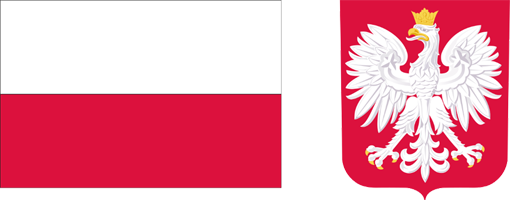Current issue
Archive
About the Journal
Aims and Scope
Editorial Board/Editorial Team
List of reviewers
Publishing process
Publishing Ethics and Malpractice Statement
Personal data protection (GDPR)
Creative Commons License
CrossRef Member / Similarity Check
For Authors
Call for papers
Guidelines for authors
Submitting a manuscript through the editorial system – step by step
For Reviewers
Peer review process
Guidelines for reviewers
Submitting a review – step by step
Contact
RESEARCH PAPER
THE ISSUE OF STABILITY OF REVENUE IN PIG PRODUCTION IN POLAND
1
Instytut Ekonomiki Rolnictwa i Gospodarki Żywnościowej - Państwowy Instytut Badawczy
Submission date: 2021-02-18
Final review date: 2021-03-02
Acceptance date: 2021-03-23
Publication date: 2021-06-21
Zagadnienia Ekonomiki Rolnej / Problems of Agricultural Economics 2021;367(2):84-100
KEYWORDS
TOPICS
ABSTRACT
Pig production is subject to fluctuations due to the pig cycle. These fluctuations
cause that the supply of pork is either excessively high or too low in relation
to a given demand assumed on the ceteris paribus principle. In the former case,
the prices of pork, especially livestock, are high, and in the latter, they are low.
As a result, the revenue of agricultural producers changes accordingly. It can be
assumed that the negative revenue effects of the decrease in purchase prices are
compensated by the positive effects of higher sales of porkers. Therefore, it is assumed
that the volatility of revenues should be lower than that of both components.
The purpose of this article is to verify this view, which can be regarded
as a hypothesis. To be more exact, the paper attempts to answer the question
whether there is volatility or relative stability of revenues in the pig market.
This issue is important not only for the producers, but also for the agricultural
policy. Using simple statistical methods, the authors evaluate the variability of
revenues between 2005 and 2020, i.e. after Poland’s accession to the European
Union. Recognizing that this was not a homogeneous period, the research also
involved the revenues in two sub-periods, i.e. 2005-2012 and 2013-2020.
The adopted assumption and the research hypothesis about the relative stability
of revenue due to a certain interchangeability of the price level and the purchase
volume were only quite incomplete for the period 2005-2012. For period
2013-2020, the analysis of charts, coefficients of variation and correlation gave
different results that did not allow for confirming the assumption and hypothesis.
Share
RELATED ARTICLE
We process personal data collected when visiting the website. The function of obtaining information about users and their behavior is carried out by voluntarily entered information in forms and saving cookies in end devices. Data, including cookies, are used to provide services, improve the user experience and to analyze the traffic in accordance with the Privacy policy. Data are also collected and processed by Google Analytics tool (more).
You can change cookies settings in your browser. Restricted use of cookies in the browser configuration may affect some functionalities of the website.
You can change cookies settings in your browser. Restricted use of cookies in the browser configuration may affect some functionalities of the website.



